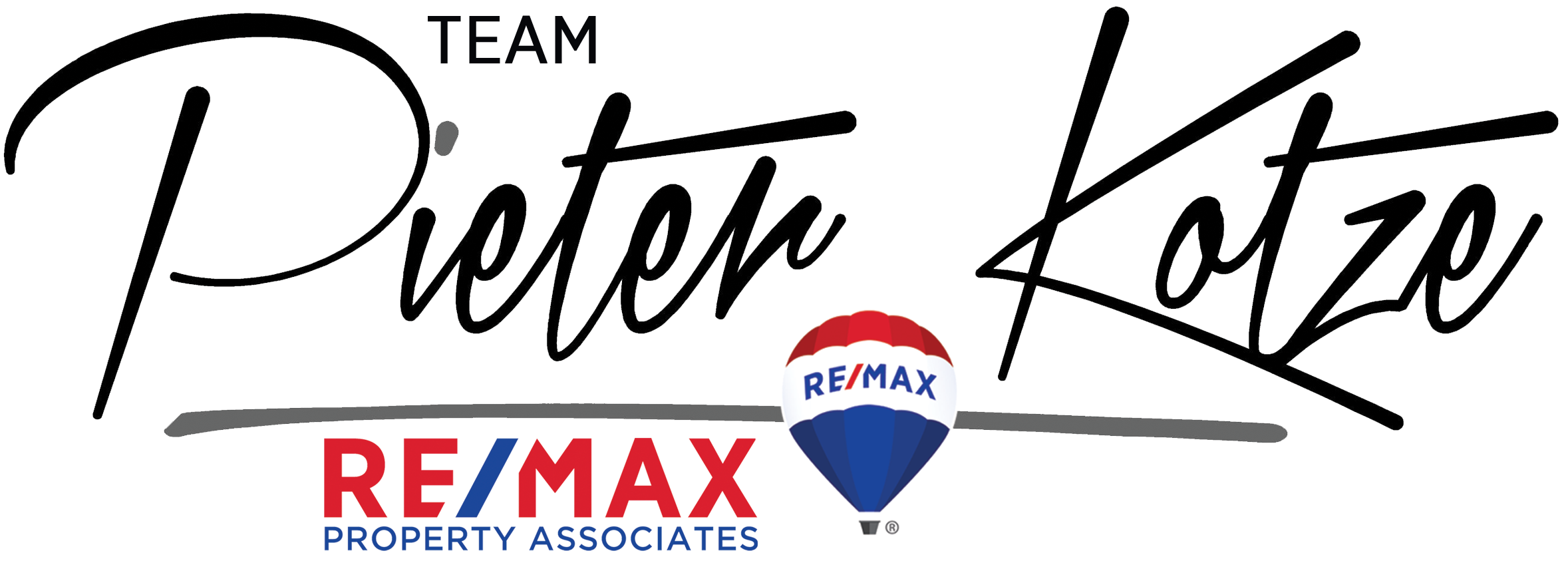
Buying a home is one of the biggest investments you will ever make. For most people, it requires a home loan to finance it. However, the application process can be complicated, and there are many mistakes that buyers make that can cost them money, time, and even the ability to get a loan. In this blog post, we will discuss ten mistakes that Northern Suburbs buyers should avoid when applying for a home loan.
1. Not checking your credit report
Checking your credit report is essential when buying a home in Northern Suburbs. Your credit score plays a significant role in determining your creditworthiness and the interest rate you will be offered. Your credit score is calculated based on your credit history, payment history, and credit utilization. Before applying for a home loan, it is crucial to check your credit report for errors and inaccuracies. Correcting these mistakes can improve your credit score and increase your chances of getting approved for a loan. Additionally, having a high credit score can help you secure a better interest rate, which can save you thousands of rands over the life of the loan. It is also important to note that different lenders have different credit score requirements, so it’s best to get a copy of your credit report from all four major credit bureaus to get a clear picture of your creditworthiness. If you notice any errors or inaccuracies in your report, you can dispute them with the credit bureaus to have them removed. Overall, checking your credit report is a crucial step in the homebuying process and can save you time and money in the long run.
2. Not shopping around for rates
Not shopping around for interest rates can be a big mistake when buying a house. The interest rate on your home loan can have a significant impact on your monthly payments and the total amount you will pay over the life of the loan. Even a small difference in interest rates can mean thousands of rands in savings or additional costs over the life of the loan. Therefore, it is essential to shop around for the best rates and terms available to you. Different lenders have different rates, fees, and terms, so it is crucial to do your research and compare. You can start by getting quotes from multiple lenders and comparing their interest rates, initiation fees, and monthly service fees. You can also use online bond repayment calculators to compare different loan scenarios and see how they affect your monthly payments and total costs. Keep in mind that shopping around for interest rates can take time and effort, but it can save you a significant amount of money in the long run. By doing your due diligence and comparing lenders, you can find the best mortgage that fits your needs and budget.
3. Not getting pre-approved
Getting pre-approved for a home loan can give you a better idea of how much house you can afford and help you narrow down your search. It also shows sellers that you are a serious buyer and can give you an advantage in a competitive market.
4. Taking on new debt
One of the biggest mistakes buyers make is taking on new debt before or during the bond application process. This can negatively affect your credit score and debt-to-income ratio, making it more challenging to get approved for a loan.
5. Not having enough savings
Buying a home comes with additional costs such as a deposit payment(if applicable), registration costs, and moving expenses. It is essential to have enough savings to cover these costs and have a financial cushion for unexpected expenses.
6. Not disclosing all financial information
Lenders need to have accurate and complete financial information to make a lending decision. It is essential to disclose all sources of income, debts, and assets, even if they do not seem significant.
7. Making large purchases before closing
Making significant purchases before registration, such as a car or furniture, can increase your debt-to-income ratio and affect your credit score. It is crucial to wait until after registration to make these purchases.
8. Not understanding the terms of the loan
It is essential to understand the terms of the loan, including the interest rate, monthly payments, and any fees associated with the loan. Not understanding these terms can lead to unexpected costs and financial strain.
9. Co-signing for someone else
Co-signing for someone else’s loan can affect your credit score and debt-to-income ratio, making it more challenging to get approved for a home loan. It is best to avoid co-signing for someone else’s loan during the application process.
10. Changing jobs
Changing jobs during the application process can negatively affect your credit score and debt-to-income ratio. Lenders prefer borrowers who have consistent employment and income.
Applying for a home loan can be a complicated and stressful process. Avoiding these ten mistakes can help you get approved for a loan and avoid unexpected costs and financial strain. Remember to do your research, disclose all financial information, and understand the terms of the loan. With these tips, you can make the home loan application process smoother and less stressful. Ready to buy a house in Northern Suburbs? Reach out to Team Pieter Kotze @ RE/MAX Property Associates today to find out how we can help! +27832601932 / +27829540874

